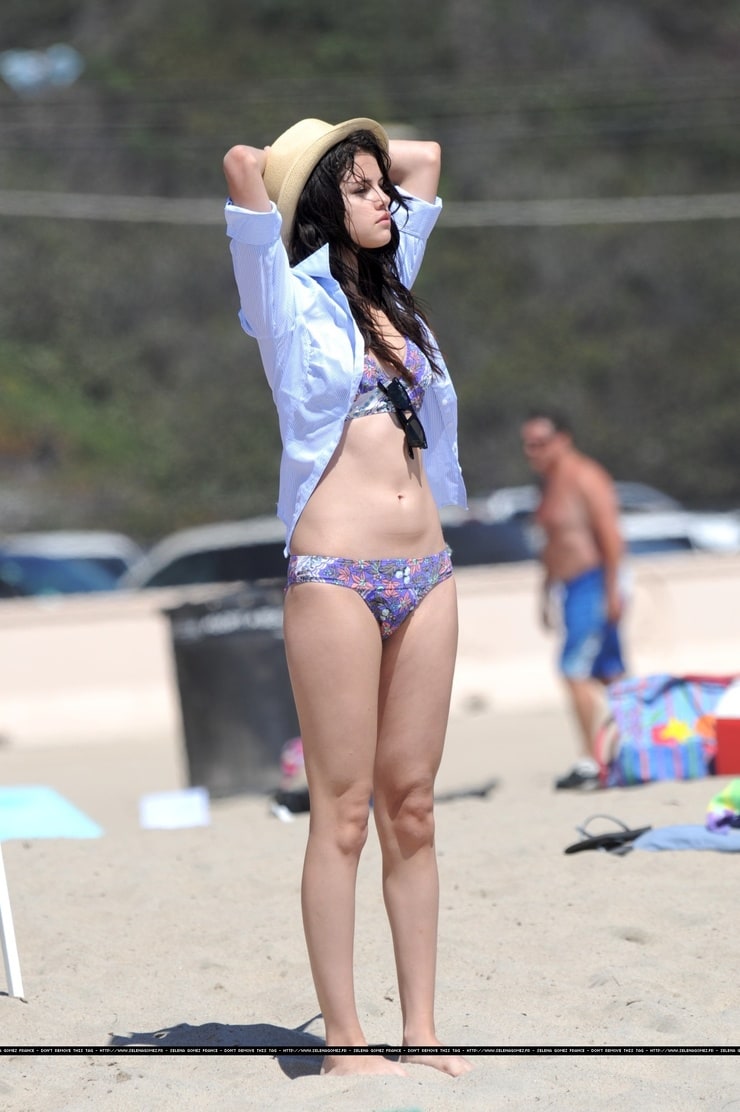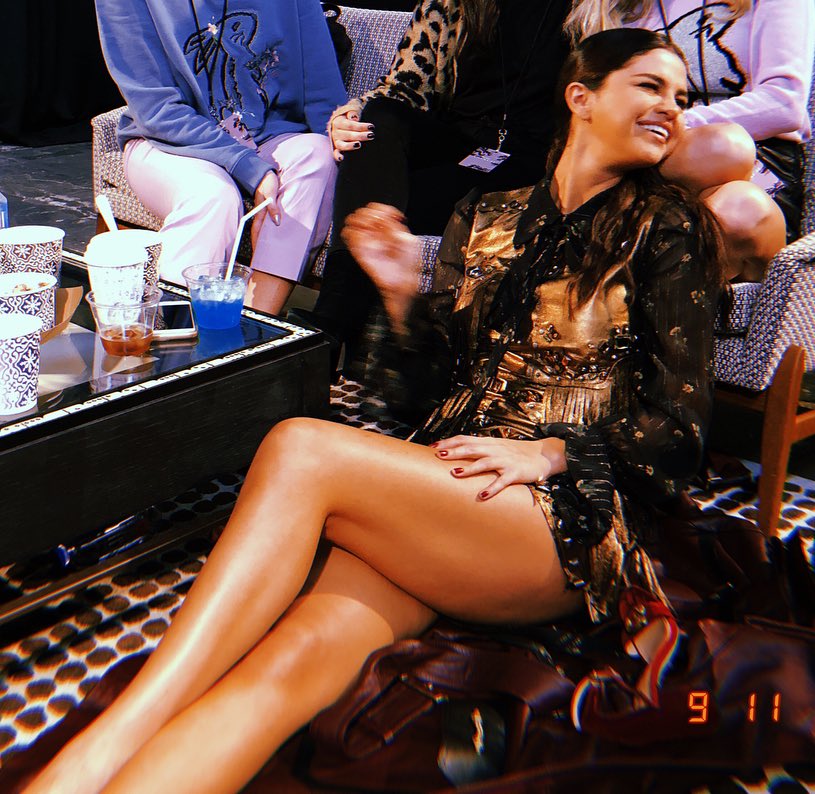In a world where celebrity influence can be fleeting, Selena Gomez stands as one of the rare figures who has managed to evolve, endure, and expand her reach across industries and generations. She’s not just an actress, singer, or entrepreneur — she’s a cultural force whose impact goes far beyond entertainment. Over nearly two decades in the spotlight, Selena has transformed herself from a Disney Channel favorite into one of Hollywood’s most respected multi-hyphenates, blending artistry, business acumen, and advocacy with authenticity. Her journey is a masterclass in reinvention — and proof that influence isn’t about noise, but about substance.


Selena’s rise began on familiar ground for many millennials — Disney Channel’s “Wizards of Waverly Place”. As Alex Russo, she brought wit, charm, and a hint of rebelliousness that instantly made her a fan favorite. What set her apart, even then, was her emotional intelligence and charisma. She wasn’t just playing a character; she was relatable, grounding fantasy with genuine warmth. By the time the series ended, Selena had already started her transition into music, fronting Selena Gomez & The Scene, a pop band that produced hits like “Naturally” and “Love You Like a Love Song.”



But it was her solo career that cemented her as a pop icon. Songs like “Good for You,” “Hands to Myself,” “Lose You to Love Me,” and “Rare” reflected her evolution — both personally and artistically. While many stars in her generation chased trends, Selena focused on honesty. Her lyrics often explored vulnerability, growth, and self-worth, earning her a unique place in pop music where relatability met refinement. “Lose You to Love Me,” in particular, marked a turning point — a soulful reflection on heartbreak and healing that resonated across age groups and cultures. It wasn’t just a song; it was a declaration of self-discovery.



What makes Selena Gomez’s influence so enduring is her ability to merge creative work with deeper purpose. Beyond her chart-topping music, she’s become a powerful voice for mental health advocacy — a topic that she’s approached with rare openness. Over the years, she’s shared her struggles with anxiety, depression, and bipolar disorder, breaking barriers in an industry that often hides its pain behind polished facades. Through interviews, her Apple TV+ docuseries My Mind & Me, and her social platform, she’s destigmatized mental health conversations for millions. Fans see not a perfect star, but a human being learning, coping, and growing in real time.



Her transparency and empathy have made her one of the most trusted public figures of her generation. Selena doesn’t chase controversy or rely on shock value to stay relevant; instead, she leads with integrity. When she speaks, people listen — not because of the fame attached to her name, but because of the sincerity behind her words. In many ways, her greatest strength is her quiet power: she doesn’t dominate the industry with noise, but with nuance.



That same ethos carries into her business ventures. In 2020, Selena launched Rare Beauty, a makeup brand that quickly became one of the most successful and beloved in the beauty world. Rare Beauty wasn’t just another celebrity makeup line; it was a movement built on inclusivity and self-acceptance. From its diverse shade ranges to its commitment to realistic beauty standards, Rare Beauty redefined what a modern beauty brand could represent. The brand’s Rare Impact Fund, which donates 1% of annual sales to expand mental health services, reinforces Selena’s mission: to make beauty more than skin deep.



Under Selena’s leadership, Rare Beauty has flourished not only as a commercial success but as a cultural statement. The brand’s slogan, “You are rare,” mirrors her message to fans: that imperfection and individuality should be celebrated. This authenticity-driven approach has earned her admiration from consumers, industry peers, and even competitors. In an oversaturated market, Rare Beauty’s continued rise is a testament to Selena’s credibility as both a creative and businesswoman.



While her entrepreneurial ventures thrive, Selena remains an active and respected figure in television and film. Her latest success, “Only Murders in the Building,” alongside Steve Martin and Martin Short, has earned her critical acclaim and introduced her to a new generation of viewers. The show’s mix of humor, mystery, and emotional depth feels tailor-made for her. As Mabel Mora, Selena embodies quiet strength and introspection — qualities that reflect her real-life personality. The role has earned her multiple award nominations and, more importantly, reaffirmed her acting chops after years away from scripted television.



Off-screen, Selena’s influence extends into philanthropy and social advocacy. She has been a longtime supporter of UNICEF, serving as one of its youngest ambassadors, and continues to use her platform to advocate for issues like mental health awareness, voting rights, and gender equality. Her activism doesn’t feel performative — it’s grounded in empathy and consistency. Even on social media, where she has one of the largest followings in the world, she often steps back, urging her audience to prioritize well-being and kindness over comparison and chaos.



Part of Selena’s enduring appeal comes from her humility. Despite immense fame, she’s managed to preserve a sense of normalcy that feels increasingly rare in Hollywood. She’s candid about her insecurities, her boundaries, and her belief in personal growth. She doesn’t pretend to have everything figured out — and that’s precisely what makes her so relatable. For fans who’ve grown up alongside her, Selena feels less like a distant celebrity and more like a friend navigating life with grace.



Her influence also lies in how she redefines femininity and success. She’s not driven by perfectionism or the need to dominate headlines; instead, she champions collaboration, compassion, and authenticity. Whether she’s on a red carpet, producing a hit series, or advocating for mental health, Selena leads with emotional intelligence. She’s proof that soft power — the ability to inspire without intimidating — can be just as impactful as traditional stardom.



As she moves through her thirties, Selena Gomez continues to evolve — not by reinventing herself, but by deepening her sense of purpose. Her music remains introspective, her business ventures inclusive, and her public presence grounded in empathy. In an industry that often values spectacle over sincerity, she stands as a rare example of how to grow up — and stay grounded — in the public eye.



It’s no surprise that Selena’s reach spans beyond Hollywood. She represents a generation’s values: self-awareness, resilience, and the courage to be vulnerable. Whether she’s discussing mental health, championing real beauty, or producing meaningful content, she embodies the idea that influence is not about perfection — it’s about connection.
Nearly twenty years into her career, Selena Gomez continues to inspire millions not because she’s flawless, but because she’s fearless enough to be real. She’s built a legacy that transcends fame, proving that compassion and authenticity can indeed change the world — one song, one brand, and one honest conversation at a time.
In a landscape filled with fleeting stars, Selena Gomez shines differently: softly, sincerely, and with a light that refuses to fade.





